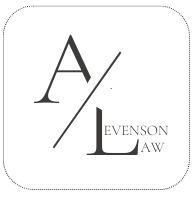Freelancer classification in Israel is a critical legal issue that businesses must understand. Many businesses prefer working with freelancers rather than employees. This arrangement can reduce costs and obligations related to employment, such as:
- Employer-related expenses
- Termination notice requirements
- Various statutory payments
However, Israeli law provides strong protections for employees, and this creates significant risks for businesses working with freelancers.
The Court’s Power to Reclassify Workers
The complexity of freelancer classification in Israel means courts actively prevent employers from avoiding their obligations by incorrectly classifying employees as freelancers. Here’s some of what you need to know:
- The written contract alone does not determine the nature of the working relationship
- Courts have the authority to examine the actual working relationship
- A court can reclassify a “freelancer” as an employee, regardless of what the contract states
- This reclassification can be applied retroactively
The Financial Impact of Reclassification
If a court determines that your freelancer was actually an employee, the consequences can be severe:
- You may have to pay all statutory benefits retroactively
- The costs can amount to a significant sum of money
- You might face potential criminal charges for labor law violations
Protecting Your Business
To minimize these risks, two key steps are essential:
- Have a properly drafted freelance contract that addresses all necessary aspects of the relationship
- Carefully structure the working relationship to genuinely reflect a freelance arrangement rather than employment
Next Steps
Understanding proper freelancer classification in Israel is essential for protecting your business. Contact our office for professional legal guidance. We can help you:
- Draft appropriate contracts
- Structure working relationships correctly
- Minimize the risk of employee classification claims
This article provides general information only and should not be relied upon as legal advice. For specific guidance, please consult with a qualified attorney.





